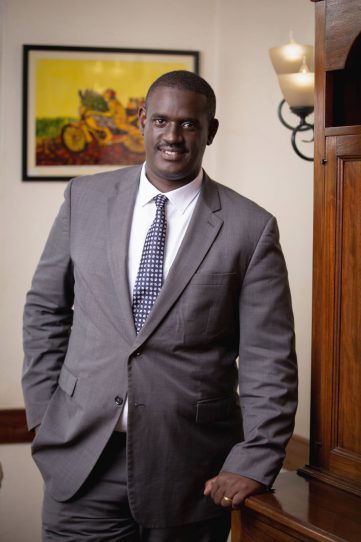In 1992 the UN held an earth summit in Rio in Brazil. The summit was the precursor to the annual COP conferences on climate change that are held annually in different parts of the World.
At that summit an incredible 12 year old girl from Canada called Sevren Suzuki made a powerful speech to world leaders about the dangers of climate change. She said she has dreamt of seeing “great herds of wild animals, jungles and rainforests full of birds and butterflies” and raised legitimate concerns about extinction based on changing climate. She spoke for “her generation and for future generations.”
There is no doubt that we have a duty to hand over this planet in habitable condition to those who come after us. To this end, the Paris Climate Agreements and the Kyoto Protocols represent a correct global consensus.
As we concern ourselves with the rights of generations unborn we must pay attention to the rights of the present generation; 600 million Africans have no access to energy. The entire continent of Africa uses less energy than Spain. 1 billion Africans use less energy than the 5 million people who live in the state of Alabama in America. As a result, our continent is unable to power its factories or even its hospitals. We cannot farm profitably or properly because of the prohibitive cost of fuel in tractors. The fact is today’s generation of Africans need to use more, not less energy. We owe it to future generations of Africans to ensure that they find this continent powered. We cannot keep handing over jungles and butterflies from one generation to the next.
Uganda’s oil projects present a significant opportunity to spur growth and address the acute challenges of energy security in the region. The refinery will help ensure a consistent supply of petroleum products and the upstream oil projects will produce Liquified Petroleum Gas (LPG) which will help in the supply of gas cylinders used for cooking. It has taken Uganda decades to prepare for and plan for this resource. Over the years, our country has been alive to the environmental risks of this project and has painstakingly worked to mitigate against those impacts.
As far as gifting future generations goes, the fact is that future generations will not appreciate being born into an energy poor world. They will not hold this generation of Africans in high esteem if we do not address the challenge of energy poverty. Eighty years ago, British politician Sir William Beveridge published the Beveridge report that has been regarded as the basis of the Welfare State. The report cited the five giant evils that society must tackle. These evils were; want (poverty), disease, ignorance, squalor (poor living conditions) and idleness (unemployment). Generations of post world war II Europeans have successfully used their energy resources to ward off these five evils.
In the UK and Norway we have seen the incredible contribution of North Sea Oil to energy security, government revenue and astronomical growth over the last fifty years. The same is true in the Arab world. One could argue that many an African country had and squandered this opportunity. In his award winning book, The Plundered Planet, Oxford scholar Paul Collier argued that the rich countries of the world occupy a quarter of the earth’s surface. He stated that the value of their known “subsoil assets” (like oil and gas) is $114,000 per square kilometer of land. Africa, which occupies another quarter of the earth’s surface, has only $23,000 worth of known subsoil assets. Why? Because Africa remains unexplored. However, this is not to excuse bad governance. It represents a risk and we must make a serious plan and do a lot of work to make sure we don’t just bequeath our children with butterflies. Fortunately, technology and human ingenuity have made it possible to exploit oil, not just in an economically efficient manner but also in an environmentally friendly fashion. This is why it is possible for Uganda’s oil project to be one of the lowest emitting oil projects in the world.
So, as we argued in the very first columns almost a year ago; it is possible we may fail but what if we fly?


